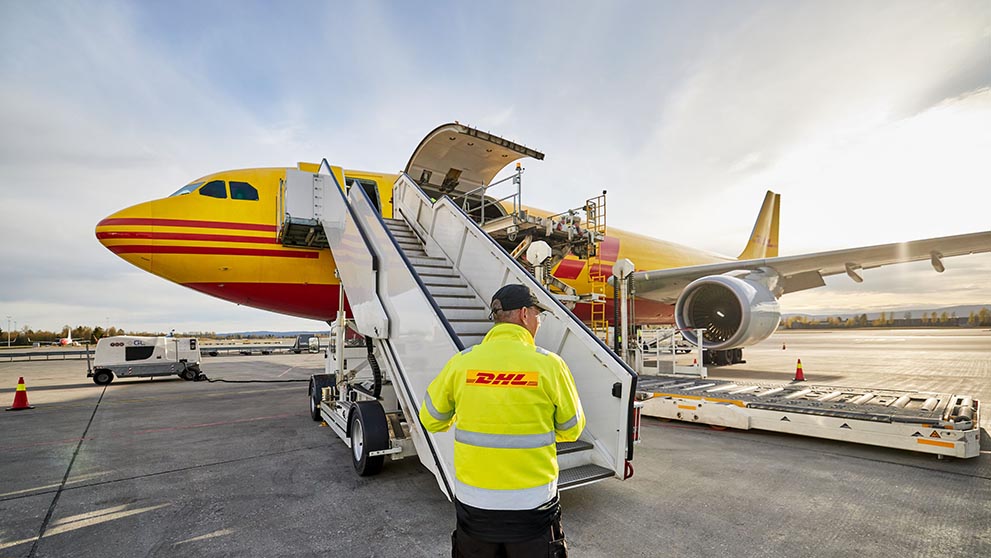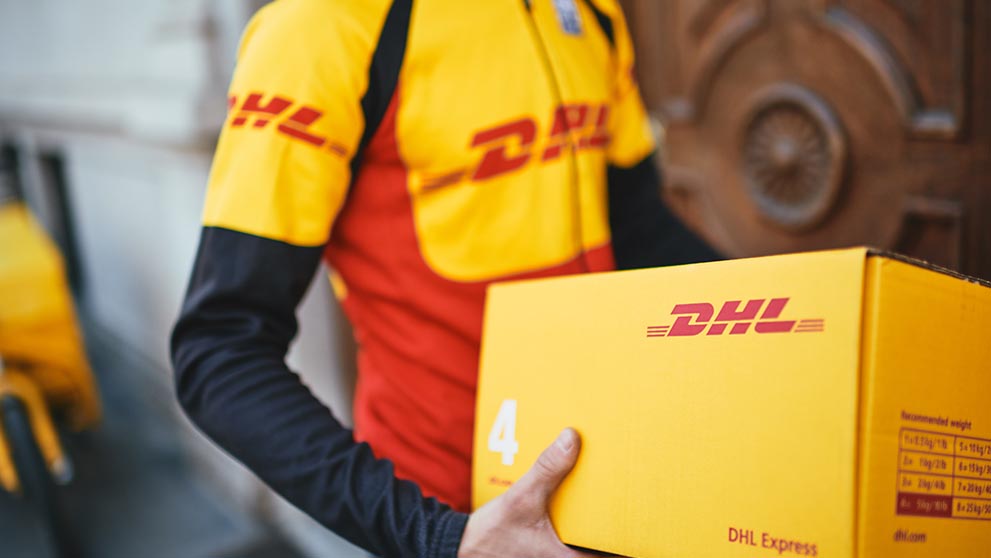Importing goods into New Zealand can be a seamless process when you are well-prepared and informed. At DHL Express, we aim to make your import experience as smooth as possible.
This guide will walk you through the different entry types, provide a checklist to ensure all paperwork is complete before processing, highlight the importance of understanding prohibited goods, and explain how to access MyGTS for efficient tracking and management.
Know the Different Entry Types
While proper documentation is important for avoiding customs delays, it is also important to be familiar with the Customs clearance entry types and processes.
Depending upon the value, commodity and entry type, the customs clearance process will vary.
- De Minimis – this entry type is part of a consolidated pre-clearance using manifest data
- Informal – this entry type clears customs as part of an informal manifest clearance managed under a DHL bond. Duty payment may be required depending upon the classification
- Formal – this entry type requires formal entry process. Shipments are held for separate Automated Broker Interface (ABI) entry. Duty and Merchandise Processing Fee (MPF) payment is required
Help Avoid Customs Delays
Before your exporter hands over shipments to DHL Express, help them make sure the paperwork is complete and accurate to help avoid delays in the customs process.
Review this document checklist to help ensure faster customs clearance.
- Commercial Invoice: Must include a detailed description of the goods, the value, and the terms of sale.
- Bill of Lading or Air Waybill: Acts as a receipt of shipment and a contract between the shipper and carrier.
- Packing List: Details the contents, dimensions, and weight of each package.
- Import Declaration: Required for formal entries, detailing the nature, value, and origin of the goods.
- Certificates of Origin: Necessary for goods claiming preferential duty rates under trade agreements.
- Permits and Licenses: Ensure any required permits or licenses for restricted goods are obtained.
- Proof of Payment: Documentation showing payment for the goods, if applicable.
Here are some more top tips to ensure all your documents are up to scratch!
- List each commodity separately with accurate descriptions
- Check for consistency across all documents
- Make sure documents are clearly written, typed or electronically submitted
- Provide as much detailed information as possible
- Confirm that all associated costs are correct
Prohibited Commodities
It is essential that both importers and shippers are aware of prohibited goods to prevent legal issues and delays. Commonly prohibited items include:
- Narcotics and illegal drugs
- Hazardous materials and substances
- Certain food products and plants
- Endangered species and products made from them
- Counterfeit and pirated goods
For a comprehensive list of prohibited goods, check MyDHL+ for the full list.
MyGTS: Your Gateway to Easy International Shipping
Shipping internationally can seem complex, and incorrect customs paperwork is one of the main causes of delays for SMEs shipping across borders.
To speed up international shipping and simplify customs transactions, DHL Express has developed My Global Trade Services (MyGTS), an intuitive, all-in-one portal.
MyGTS is a free, user-friendly platform that will help you navigate all international shipping regulations, seamlessly. You can log in with your existing DHL Express Business Account or register a new MyGTS account to access:
- Pre-shipment Planner: a dedicated tool to help your business comply with all import/export regulations and calculate Landed Cost.
- Accurate Harmonized System (HS) Codes: no more guesswork; MyGTS leverages AI to give you the correct classification for your shipment every time, making customs clearance faster. Search for HS codes using keywords or the code directory.
- Landed Cost for goods in any country: calculate your product cost, duties & taxes, and freight charges to enhance your pricing strategy and give your customers transparency over shipping fees – which builds trust with your business.
- Guidance on each country’s import and export requirements before you ship – no more goods held up at borders!
- All the documents you’ll need for fast and easy customs clearance.
- A product catalog feature – where you can save past searches, product details and tariff codes for quicker repeat shipping.
You can log in to MyGTS with your existing DHL Express account, or register a new MyGTS account.
Being well-informed and prepared is key to successful importing. By understanding the different entry types, ensuring all paperwork is complete, being aware of prohibited goods, and using tools like MyGTS, you can avoid delays and streamline your import process with DHL Discover NZ.






